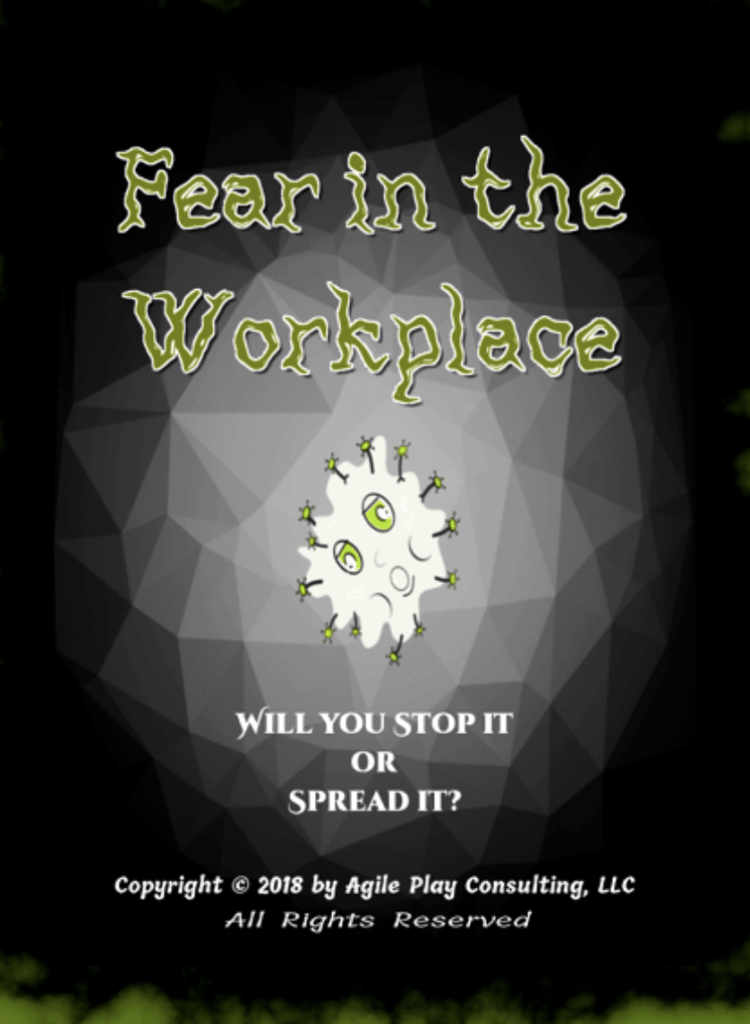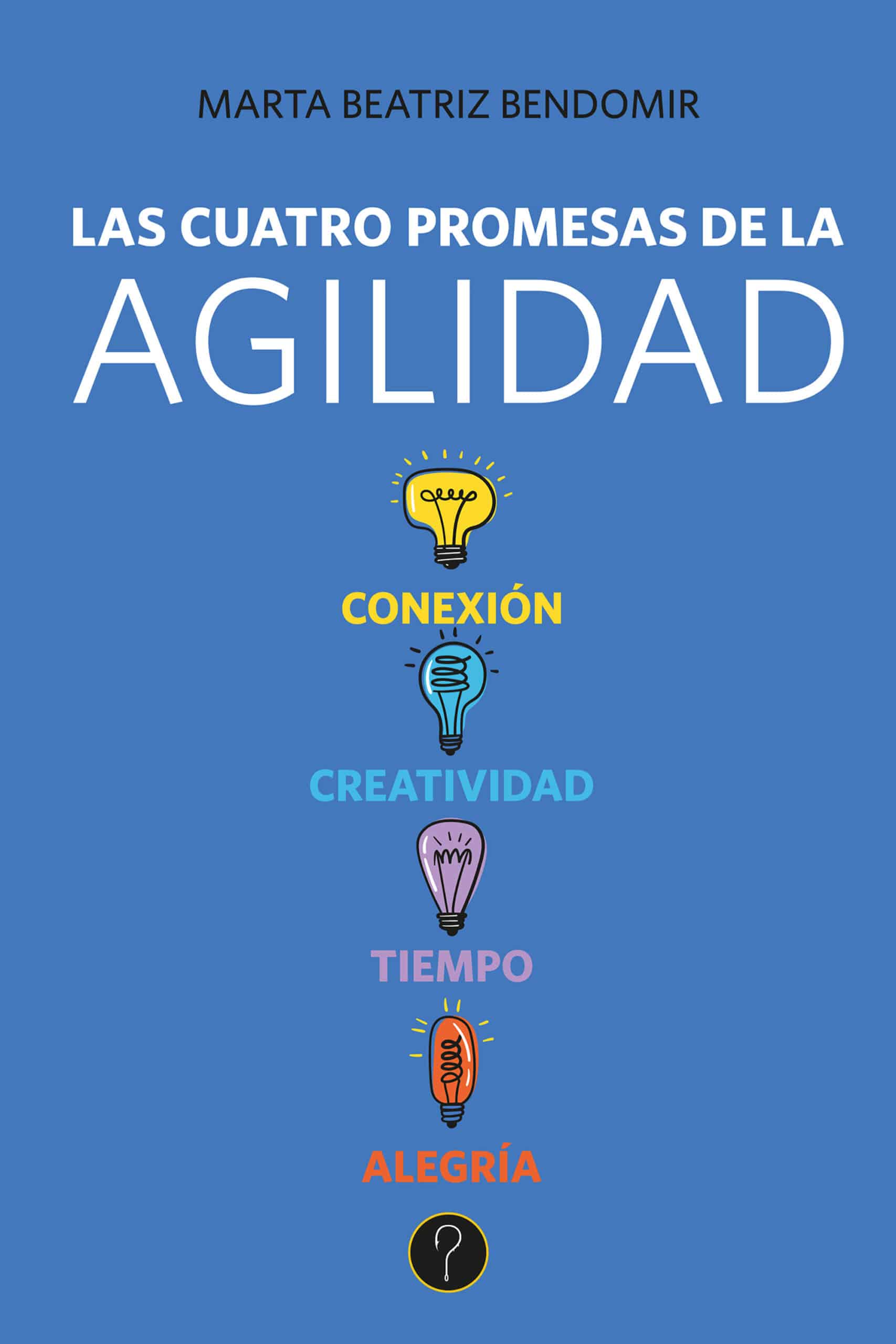A “must have” for organizations serious about building a Culture of Experimentation and Learning. Many of you have heard about the importance of psychological safety in teams and organizations. Google’s Project Aristotle, Amy Edmondson, and William A. Kahn in their independent research identified psychological safety as one of the most critical elements in enabling engagement, innovation, and high performance. If you are following the DevOps movement, you will recognize safety as a prerequisite for the Third Way of DevOps – “Culture of Continual Experimentation and Learning” Yet, in many organizations today one can observe symptoms of fear: endless meetings, employees’ disengagement, blame and a lack of trust. It doesn’t have to be that way! Help your teams and your organization take the first step away from a culture of fear. You can enable deep conversation and move closer to a culture of learning and psychological safety with “Fear in the Workplace” Agile game.
Initially designed by Dana Pylayeva for her keynote session at Agile Games 2018, this set is a collection of typical signs of toxic culture in the workplace. The fears in this deck have been discovered in coaching engagements in the US, UK, Ireland, Canada, and Japan. When is a good time to use “Fear in the Workplace”? We used the Fear cards in retrospectives, one-on-one coaching conversations, Lean Coffee, and Community of Practice meetups. Somehow, pointing to silly monster images, dot-voting, and prioritizing them for further conversations helped to externalize feelings, to step back, and to have deep discussions. In one of the organizations, we even brought in the Fear deck to facilitate a conversation between a new remote manager and her co-located team. As one of the team members noted: “It was so simple and SO effective, propelling the conversation forward in ways we never would have been able to otherwise.” Every card in this deck has a story. Together they give the teams a shared vocabulary, externalize fears, and simplify difficult conversations. As featured in – Agile Games 2018 Keynote, Boston, USA – Agile Camp San Francisco 2018, USA – INTED2019 – 13th International Technology, Education and Development Conference, Spain – Global Scrum Gathering Austin 2019, USA – Agile + DevOps West 2019, Las Vegas, USA (“You Can’t Have DevOps if Fear Is Running Your Workplace” )







